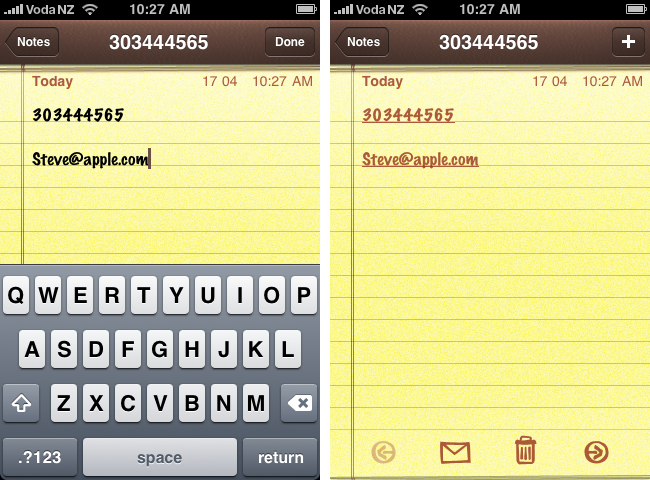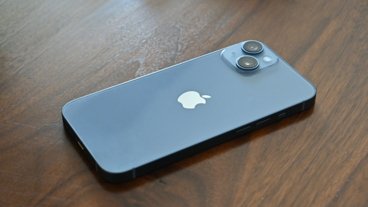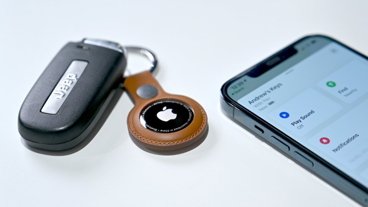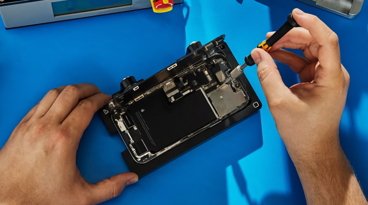Judge complains of too many patents in Apple case against Motorola
Apple originally brought 15 patent claims against Motorola, which itself had six patents it claimed Apple was infringing. Over the past month, the judge has thrown some patent claims out and both parties have voluntarily dropped claims "order to be cooperative and narrow the case," according to a report by Florian Mueller of FOSS Patents.
The patent claims "winnowing" has resulted in what appears to now be six claims by Apple and three by Motorola. All three of Motorola's, according to Mueller, have been "declared essential to certain standards," and are therefore encumbered by FRAND terms.
Apple claims Motorola isn't honoring is commitment to such "fair, reasonable and nondiscrininatory" licensing terms on the three patents, which relate to messaging, CDMA networking and a GPRS timing system. The company has previously raised concerns about Motorola and Samsung using FRAND patents in an attempt to monopolize markets, as patented standards can't be worked around.
Mueller noted that it's not yet clear which of Apple's patents are represented the six remaining active complaints, but he notes that they likely include '002 related to displaying status information (a claim also being brought against Samsung in a California case); '263, the realtime API patent tied to Andy Rubin's tenure at Apple prior to Android; '647 involving Data Detectors (below); '949 related to multitouch sensing, a patent that credits Steve Jobs and other patents related to operating system technologies that have played a role in ITC complaints.
Mueller notes "the strongest ones of those patents could give Apple major leverage against Motorola, especially if Motorola can't overcome Apple's FRAND defense."
Motorola has been losing money in the smartphone business even as Google prepared to acquire the company for $12 billion, ostensibly to obtain its patents to "defend Android," a curious idea given that the patents Motorola has brought against Apple so far have nearly all been FRAND encumbered patents with little potential for bargaining.
It appears more likely that Google sought to buy Motorola to preserve its status as the only significant mobile manufacturer to be exclusively backing Android, and among the few remaining licensees that hasn't already agreed to broadly license Microsoft's patents, a step that erases Android's main attraction as being "free" software and which tends to make paying for Windows Phone 7 more attractive as an alternative.
Potential unintended consequences of legal action
Were Apple to win a series of patent claims against Motorola related to core operating system features and user interface elements in Android, it would subsequently make it easier for the company to also go after other Android licensees and, at the same time, increase the interest in alternative mobile platforms such as WP7 and, potentially, HP's open source webOS or Intel and Samsung's Bada/Tizen.
In a series of Macintosh "look and feel" lawsuits brought by Apple in the late 80s targeting Microsoft Windows, HP's NewWave, DRI's GEM/1 and other products, Apple effectively suppressed the development of a variety of rival graphical computing environments on the IBM PC that Apple claimed were in violation of its copyright and trademarks.
Because Microsoft had manage to escape Apple's legal actions due to an agreement that was interpreted to give Microsoft broad rights to Apple's technology, Windows allowed PC makers to all converge upon a single platform which subsequently had no effective competition.
This suggests a similar outcome that could benefit Microsoft's WP7 today, if Apple managed to significantly hold back adoption of Android, and if phone makers could shift their efforts from Android to WP7 and still remain profitable, something that Nokia, LG and other significant WP7 partners have not yet accomplished.
It's also possible that Apple could win over and hold the majority of the phone market, just as it did with music players with the iPod and in tablets with iPad. Even without winning any sales bans on Android in the US, Apple has managed to take 70 percent of the smartphone sales of AT&T and Verizon in the last quarter, despite the availability of WP7 and other alternatives.
 Daniel Eran Dilger
Daniel Eran Dilger











 Andrew Orr
Andrew Orr
 Malcolm Owen
Malcolm Owen

 William Gallagher
William Gallagher

 Mike Wuerthele
Mike Wuerthele
 Christine McKee
Christine McKee








